Earth news stories

A 25m-year-old eagle fossil discovered on a remote outback cattle station in South Australia has been identified as one of the oldest raptor species in the world.
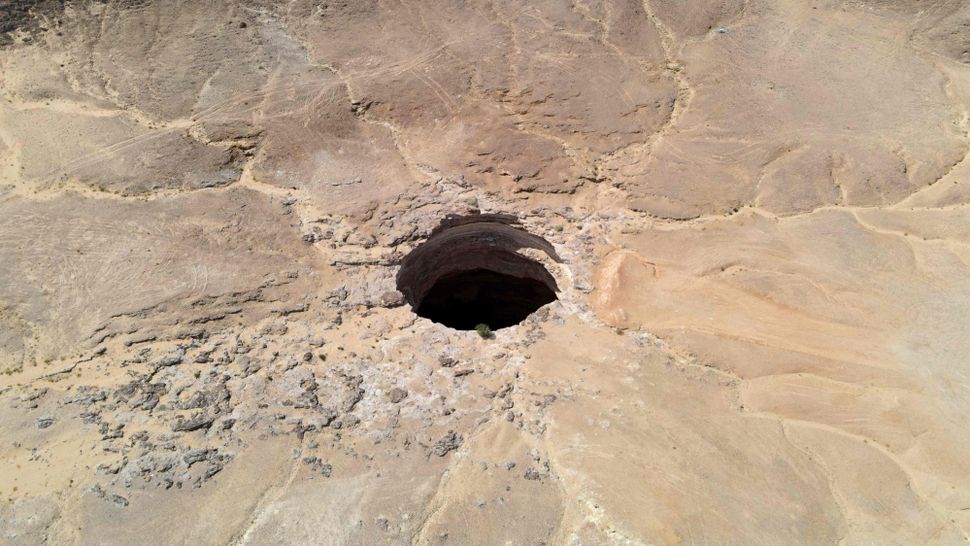
Many local people believe the enormous pit is a prison for genies and a gateway to the underworld.
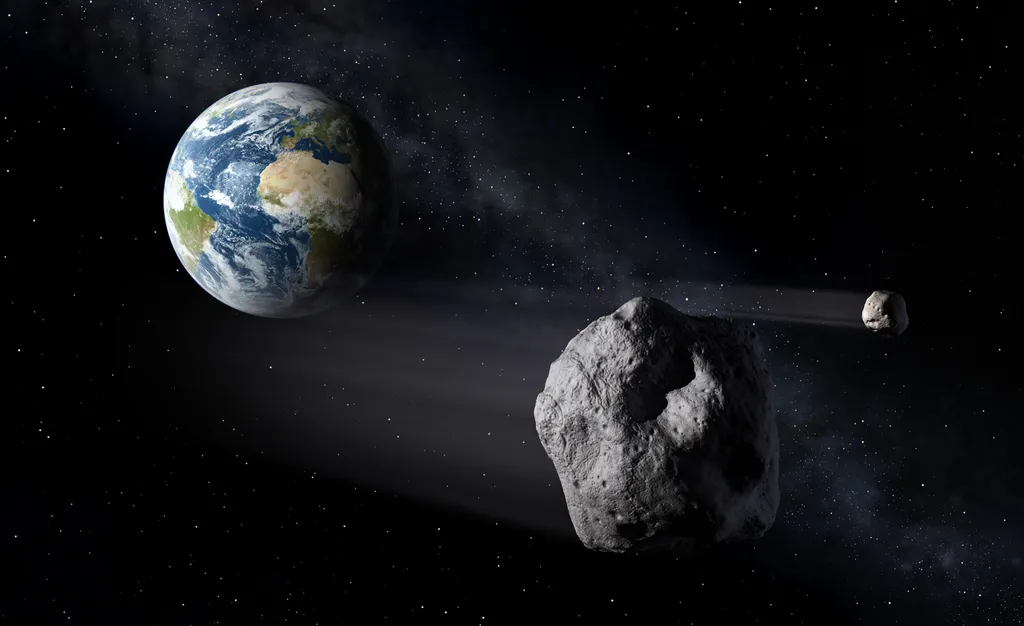
On Friday, April 13, 2029, Earth will experience a dramatic close encounter with the asteroid 99942 Apophis

In the Middle Bronze Age (about 3,600 years ago or roughly 1650 BCE), the city of Tall el-Hammam was ascendant.
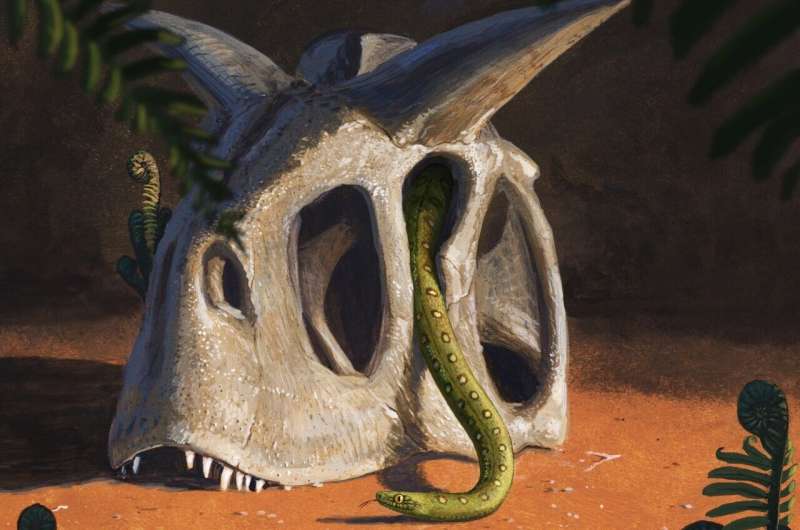
A new study suggests that all living snakes evolved from a handful of species that survived the giant asteroid impact that wiped out the dinosaurs and most other living things at the end of the Cretaceous
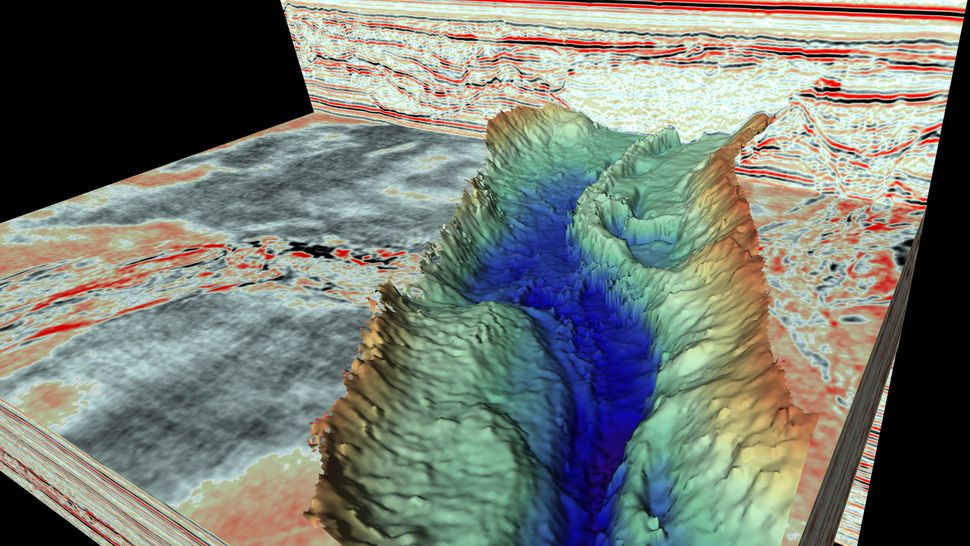
Like a bowl of spaghetti noodles spilled across the floor of the North Sea, a vast array of hidden tunnel valleys wind and meander across what was once an ice-covered landscape.
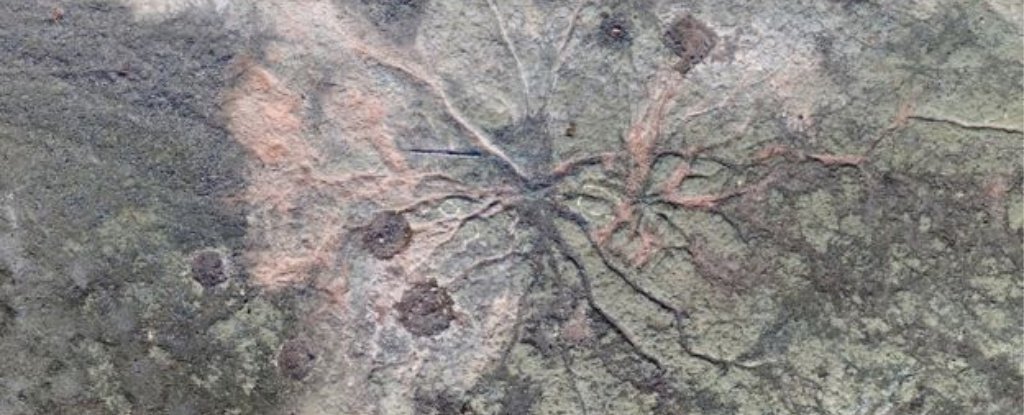
The fossilized web of a 385-million-year-old root network has scientists reimagining what the world’s first forests might once have looked like.
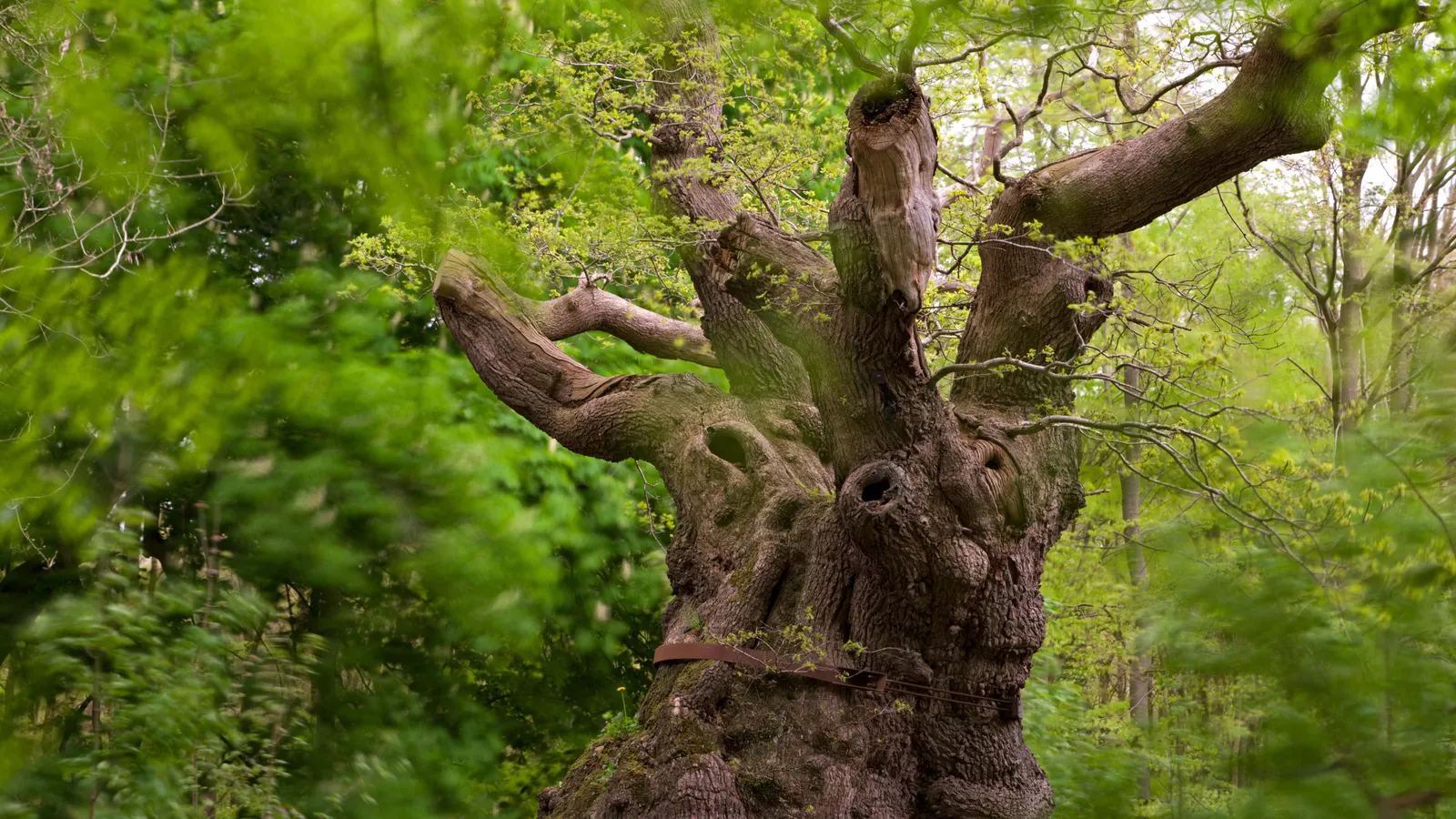
Inside some of our most magnificent trees, miniature worlds are at risk of extinction. The race is on to accelerate trees’ ageing process, so these intricate communities aren’t lost forever

A billion years have vanished from the geological record – and over 152 years after this was first discovered, scientists can’t agree on why.
The new research establishes northern Arabia as a critical migration pathway in the storied history of our species.
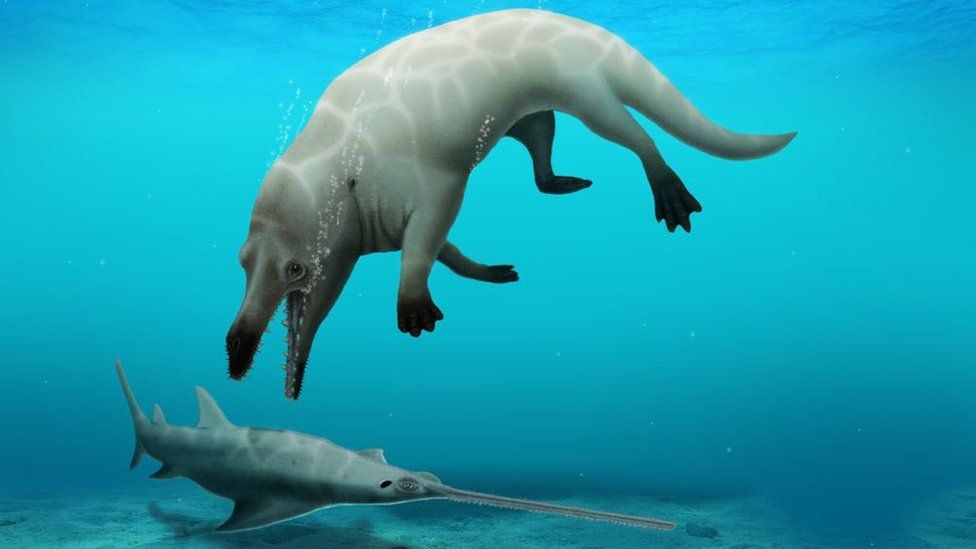
Scientists in Egypt have identified a new species of four-legged whale that lived around 43 million years ago.
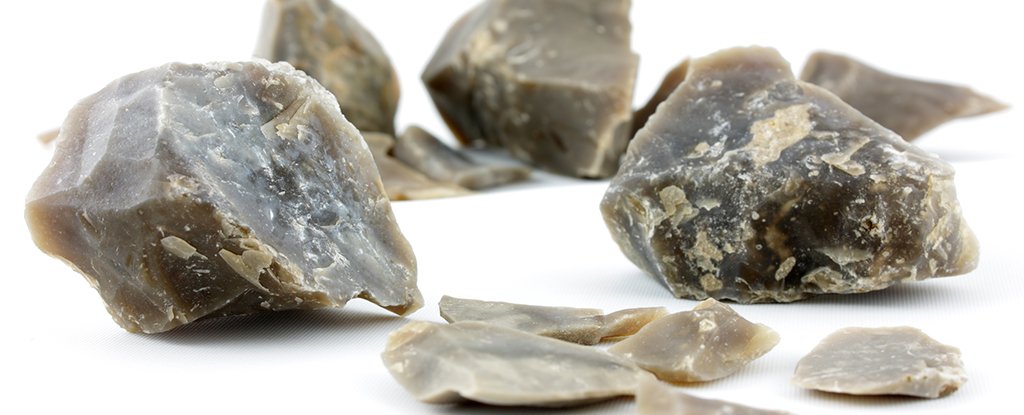
The strength and direction of Earth’s magnetic field has changed a lot over the millennia. Scientists are eager to study its past patterns to work out how the field might change in the future – a pretty vital research field, considering this magnetic shield protects us from damaging cosmic radiation.
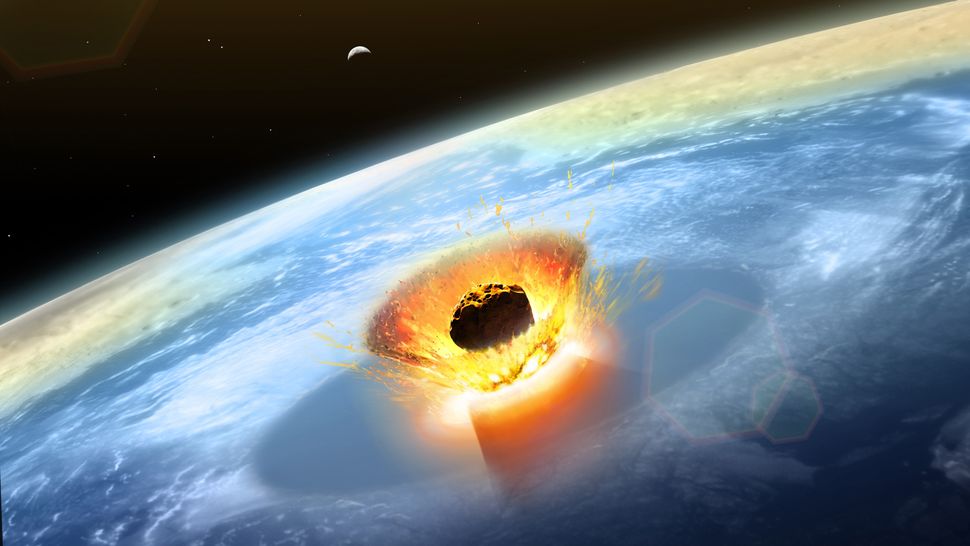
About 66 million years ago, an estimated 6-mile-wide (9.6 kilometers) object slammed into Earth, triggering a cataclysmic series of events that resulted in the demise of non-avian dinosaurs. Now, scientists think they know where that object came from.

Intricate patterns of tubular structures discovered in giant ancient reefs may be the remnants of prehistoric horny sponges and the oldest known fossils of animal life on Earth.
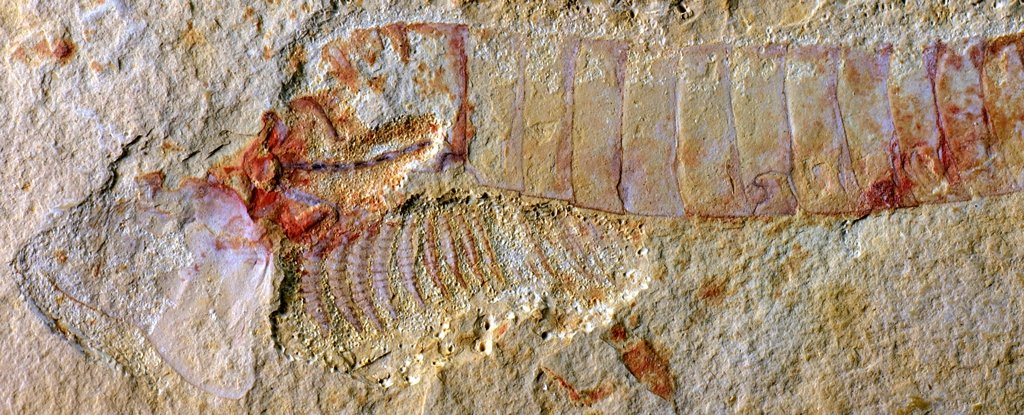
Charles Darwin famously discussed the “imperfections” of the geological record in his book On The Origin of Species. He correctly pointed out that unless conditions are just right, it’s unlikely for organisms to be preserved as fossils, even those with bones and shells.

Iceland may be the last exposed remnant of a nearly Texas-size continent – called Icelandia – that sank beneath the North Atlantic Ocean about 10 million years ago, according to a new theory proposed by an international team of geophysicists and geologists.








